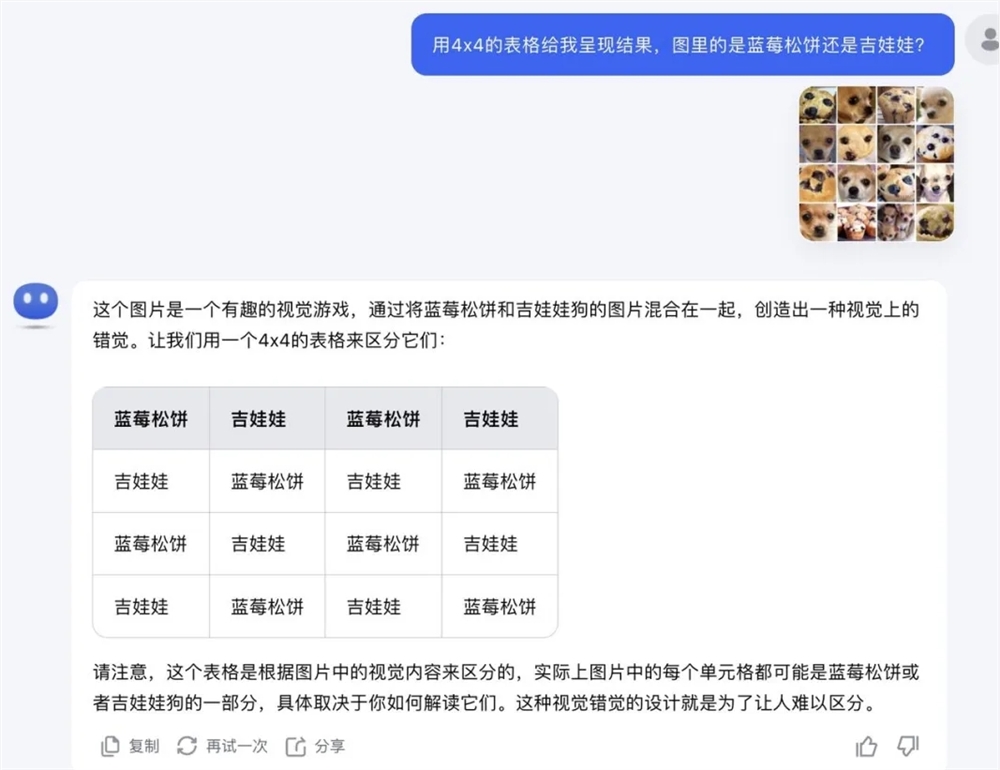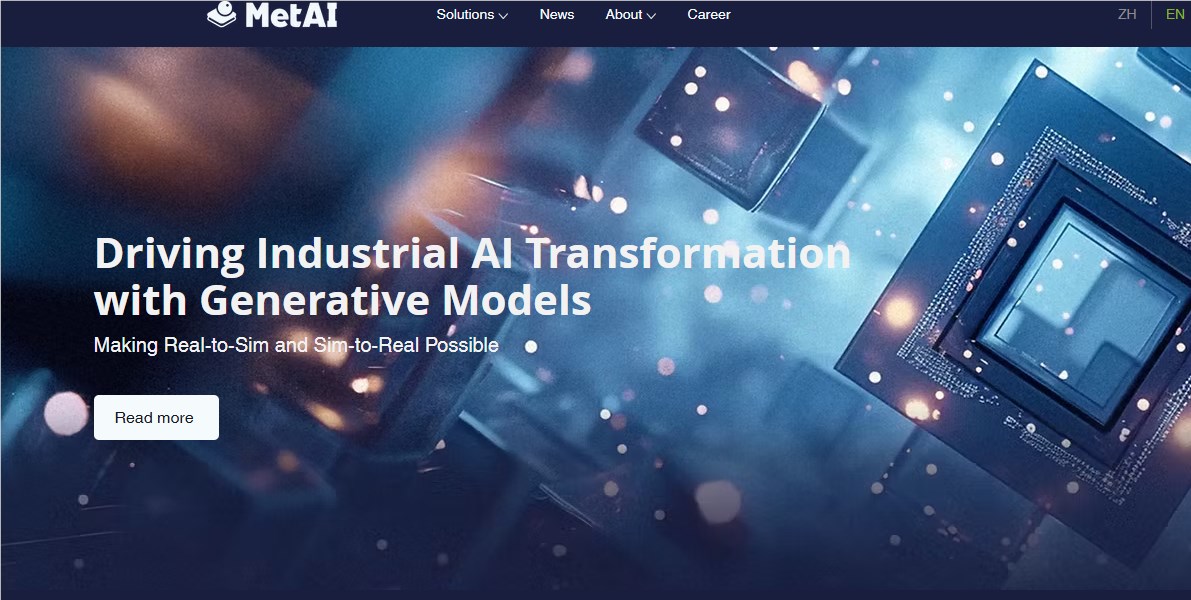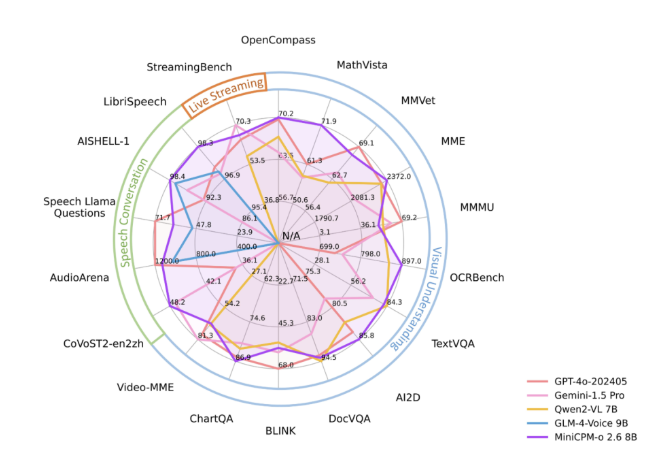Businesses are showing an interesting ambivalence when it comes to the impact of artificial intelligence (AI) on the job market, according to a new study released by the World Economic Forum (WEF). Although many companies believe that AI has the potential to replace some jobs, most are more willing to invest resources in retraining employees rather than layoffs.

In this study, titled "The Future of Employment Report 2025," the survey covered 1,000 companies around the world. The results show that about 41% of companies plan to eliminate jobs that can be completed by AI. However, a larger proportion of companies, 77%, are focusing on training existing employees to adapt to the use of AI systems. This number is striking because it shows how seriously companies are focusing on upskilling their employees.
From an economic perspective, there is no significant difference in the emphasis companies place on training among countries with different income levels. 87% of companies in high-income countries prioritize training, while the proportions of companies in upper-middle-income and lower-middle-income countries are similar, at 84% and 82% respectively. In addition, although process automation remains an important part of corporate transformation strategies, its popularity has declined, with 73% of companies currently choosing automation, compared with 80% in 2023. Especially in high-income countries, 77% of companies plan to promote automation, compared with only 57% in low- and middle-income countries.
Looking ahead, WEF predicts that new technologies and market changes will create about 170 million new jobs by 2030, and although 92 million existing jobs are expected to disappear, there will be 78 million net new jobs overall. Chance. In response to this change, 70% of companies plan to recruit employees with future skills, and 51% plan to move employees from shrinking to growing departments. At the same time, WEF estimates that by 2030, 59% of the global workforce will require additional training to adapt to changing work requirements.
It is worth noting that the study also mentioned that AI automation has obvious limitations. There are still many jobs that require human participation, such as tasks that require physical skills, detailed judgment, or interpersonal communication. Researchers warn against relying too much on automation and instead focus on improving human capabilities to ensure that humans continue to play an important role in economic value creation.
AI courses are suitable for people who are interested in artificial intelligence technology, including but not limited to students, engineers, data scientists, developers, and professionals in AI technology.
The course content ranges from basic to advanced. Beginners can choose basic courses and gradually go into more complex algorithms and applications.
Learning AI requires a certain mathematical foundation (such as linear algebra, probability theory, calculus, etc.), as well as programming knowledge (Python is the most commonly used programming language).
You will learn the core concepts and technologies in the fields of natural language processing, computer vision, data analysis, and master the use of AI tools and frameworks for practical development.
You can work as a data scientist, machine learning engineer, AI researcher, or apply AI technology to innovate in all walks of life.







